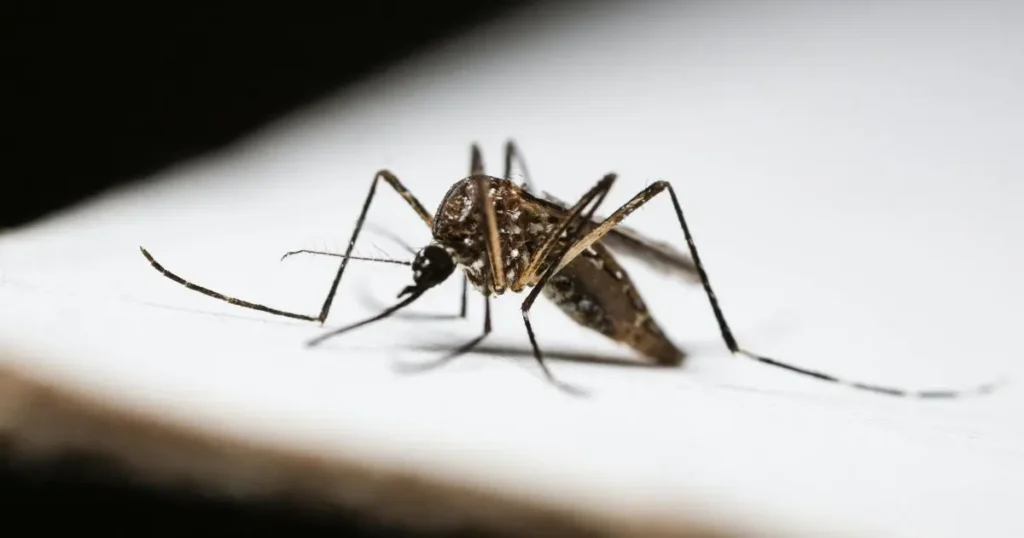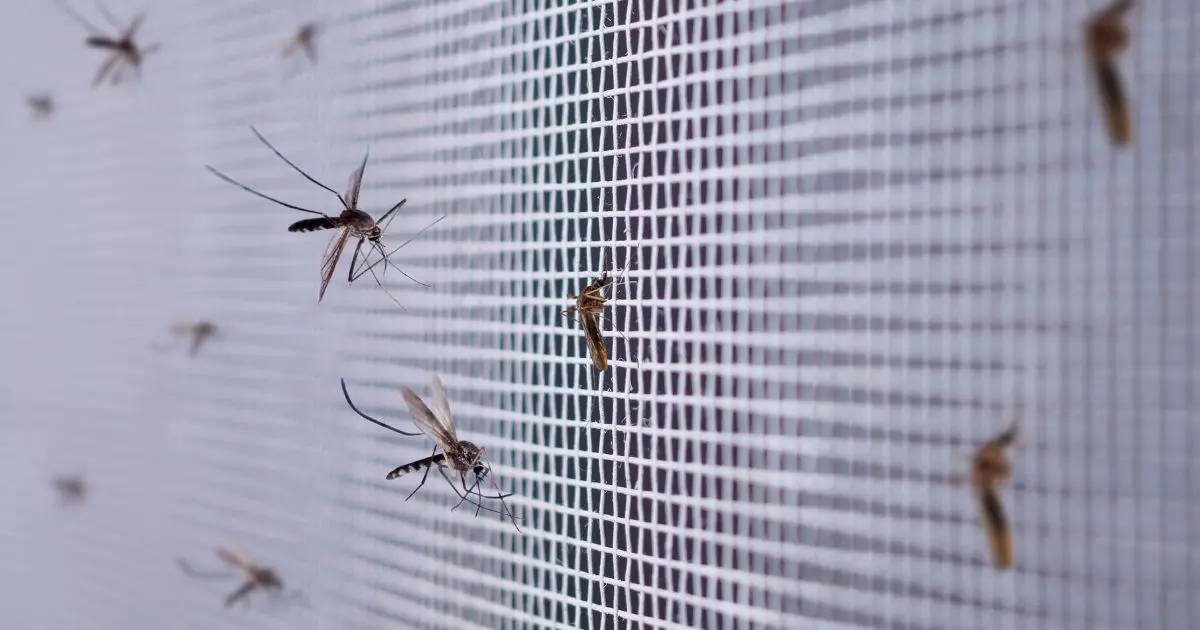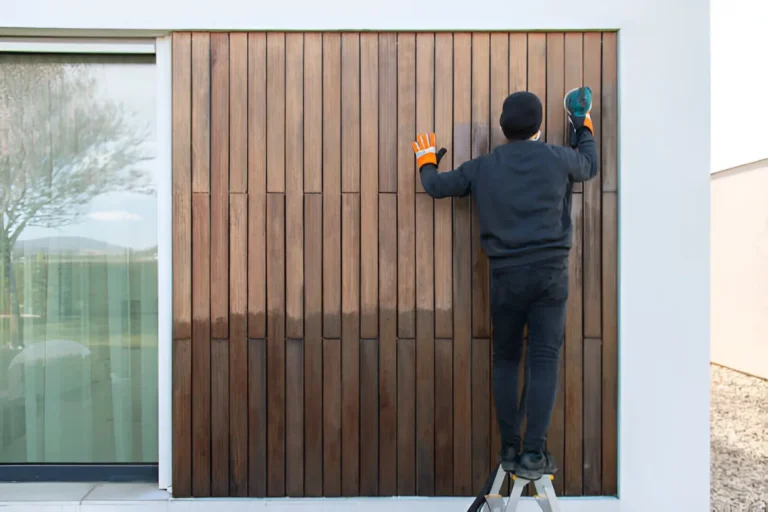Mosquito Control Strategies for Effective Pest Management
Mosquito control is essential if you want to reduce bites and prevent the spread of diseases. You can effectively manage mosquitoes by targeting their breeding grounds and using reliable traps or repellents. Removing standing water where mosquitoes lay eggs and using proven control methods are key to keeping them away from your home.
Simple actions like emptying containers that hold water and choosing effective mosquito traps provide long-term results without relying on harsh chemicals. Avoid standard but ineffective methods, as some popular products like bug zappers do not reduce mosquito populations meaningfully.
By understanding how mosquitoes breed and use various control strategies, you can create a safer, more comfortable outdoor environment. This guide will help you identify practical and science-backed ways to manage mosquitoes effectively in your space.
Mosquito Control Methods
You can manage mosquitoes using a variety of methods, each targeting different stages of their life cycle or behavior. Effective mosquito control requires understanding chemical, biological, physical, and natural approaches to reduce populations and limit bites.
Chemical Solutions
Chemical mosquito control involves insecticides that target adult mosquitoes or larvae. Adulticides, often applied as sprays or fogs, quickly reduce adult mosquito numbers but may need repeated use. Larvicides focus on killing mosquito larvae in standing water before they mature, disrupting the breeding cycle.
When using chemicals, consider their safety and environmental impact. Some products, like allethrin, have recognized effectiveness, but prolonged or excessive use can cause resistance or harm to non-target species. Combining chemical applications with other methods supports better mosquito management.
Biological Control Strategies
Biological control uses natural predators, parasites, or microorganisms to reduce mosquito populations without harmful chemicals. Examples include introducing fish that eat larvae into water bodies or using bacteria like Bacillus thuringiensis israelensis (Bti), which specifically targets mosquito larvae.
These methods support sustainable mosquito control by minimizing environmental damage. They are instrumental in areas where chemical use is restricted or undesirable. Biological strategies can be integrated effectively with habitat management to reduce mosquito habitats naturally.
Physical Barriers and Traps
Preventing mosquitoes from reaching you is an integral part of mosquito management. Physical barriers such as window screens, bed nets, and protective clothing can reduce bites significantly.
Traps use light, heat, or carbon dioxide to attract mosquitoes and then capture or kill them. Vacuum traps are one example; they attract mosquitoes and suck them inside where they cannot escape. DIY traps can be built using simple materials to help control local mosquito presence.
Natural and Organic Approaches
Natural mosquito control methods avoid chemicals and instead focus on plants or mechanical measures. Certain plants, such as citronella and lavender, repel mosquitoes and can be planted around your home or used in oils and candles.
Using natural predators like dragonflies or encouraging birds can also help. These approaches reduce reliance on insecticides and can be part of a broader mosquito control strategy, especially for those seeking eco-friendly solutions.
Pest Prevention Strategies for Homes
Controlling mosquitoes in your home starts with targeted actions that eliminate breeding sites, alter environments to discourage pests, and maintain cleanliness. These focused methods help create a healthy home environment and support pest-free indoor spaces in Fort Worth.
Source Reduction Techniques
The most effective way to reduce mosquitoes is to remove their breeding grounds. Mosquitoes lay eggs in stagnant water, so regularly empty or treat water in flower pots, birdbaths, and clogged gutters. Check around your property for items like tires, buckets, or tarps that collect rainwater and eliminate standing water promptly.
You can also use larvicides in water that cannot be drained to prevent larvae from developing. Installing mosquito traps designed to capture breeding mosquitoes can add another layer of control. Consistently addressing these sources lowers mosquito populations significantly and reduces the risk of disease-carrying pests in your home.

Environmental Modifications
Adjusting your yard and outdoor spaces can make them less attractive to mosquitoes—plant mosquito-repellent species such as citronella, lavender, or marigolds around patios and doors. Trim tall grasses and bushes where mosquitoes rest to minimize their hiding spots.
Ensure proper drainage in your yard to prevent puddles after rain. Using fans on porches or outdoor seating areas can disrupt mosquito flight and reduce biting. These environmental changes work together to maintain a pest-free outdoor space and contribute to a healthier home environment in Fort Worth.
Proper Maintenance and Sanitation
Maintaining your property through routine cleaning is essential to pest prevention strategies. Clean gutters, repair leaky faucets, and ensure window and door screens are intact to block mosquito entry. Keep trash bins covered tightly to avoid water accumulation.
Regularly mowing the lawn and removing yard debris reduces mosquito hiding places. Indoors, fix plumbing leaks and lower humidity levels to deter mosquitoes from settling. These maintenance habits support a pest-free indoor environment and help you protect your home from mosquitoes year-round.
Improving Indoor Air Quality During Mosquito Control
Managing mosquitoes indoors often involves balancing pest control with maintaining clean, healthy air. You must consider how treatments affect airborne allergens and indoor air health, while using chemicals safely to avoid adding indoor pollutants.
Impact of Mosquito Control on Airborne Allergens
When controlling mosquitoes, airborne allergens like dust, mold spores, and insect debris can increase if ventilation is poor. These allergens can worsen indoor air quality in Fort Worth, especially in humid seasons that favor both mosquito breeding and mold growth.
Maintaining consistent airflow reduces allergen buildup by disrupting mosquito resting behavior and minimizing moisture accumulation. Regularly changing HVAC filters and using air purifiers with HEPA filters help trap allergens while eliminating mosquito irritants.
Keeping humidity below 50% also limits allergen growth and mosquito activity, improving indoor air health without relying solely on chemical methods.

Safe Use of Chemical Treatments Indoors
Chemical mosquito treatments must be chosen and applied cautiously to protect indoor air quality. Use only EPA-registered products designed for indoor use and follow label instructions closely to avoid harmful residue buildup.
Avoid spraying near HVAC intakes to prevent chemicals from circulating through your system. Instead, focus on targeted applications in corners, entry points, and stagnant areas where mosquitoes hide.
If you use foggers or aerosols, ventilate rooms by opening windows afterward to disperse airborne particles and reduce inhalation risks. Careful application reduces adverse effects on indoor air health while keeping mosquito populations low.
Maintaining Indoor Air Health
You can maintain indoor air health during mosquito control by optimizing ventilation and humidity control. Increasing the exchange of outdoor air dilutes indoor pollutants and disrupts mosquito cues like carbon dioxide and heat.
Repair and maintain door and window screens to prevent mosquitoes from entering, and keep doors closed when possible. Use dehumidifiers or air conditioners to control moisture levels that encourage mosquito breeding.
Regular HVAC maintenance ensures your system filters the air effectively, controlling airborne allergens and maintaining a healthier indoor environment in Fort Worth.
For expert help with mosquito and wildlife removal that protects your indoor air quality and property, call Critter Stop at (214) 234-2616 for a free inspection. Their skilled professionals are known for high-quality work and exceptional customer service, earning excellent reviews from satisfied customers.
Also Read-8 Keys to Long-Term Dental Health in Martial Arts
—







